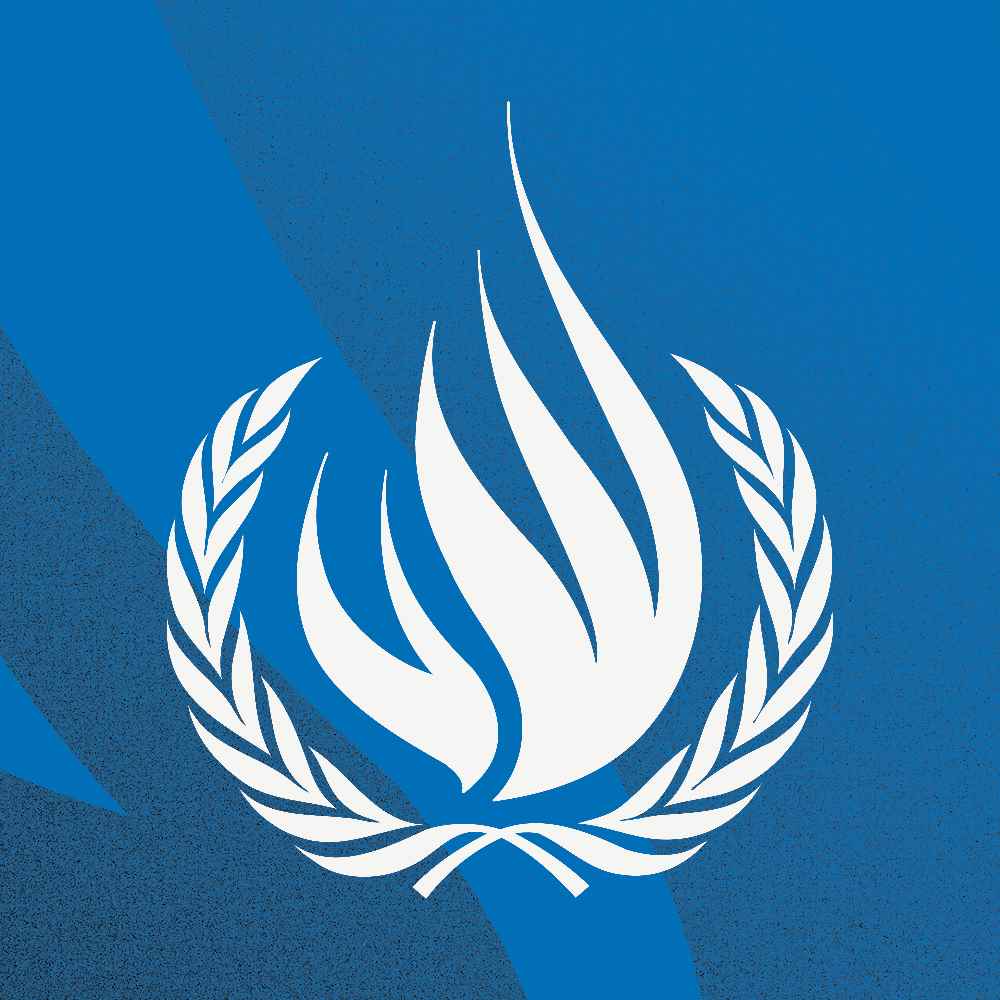
GENEVA (17 October 2024) – UN human rights experts* today called on Tanzania to end the ongoing and escalating pattern of human rights violations against opposition political party members, civil society organisations, journalists, Indigenous Peoples and human rights defenders.
In the lead-up to local elections in November 2024 and the Presidential election in October 2025, voter registration and public rallies by opposition political parties have been marred by harassment and intimidation, arbitrary arrests, deprivation of liberty, enforced disappearances, torture, unlawful killings and restrictions on freedom of expression.
“We are alarmed by rising incidents of abductions and escalating cases of human rights violations, including recorded killings of protesters and opposition party members. We are concerned that this pattern of repression is aimed at suppressing political dissent and intimidating opposition to the Government and will compromise the democratic and national electoral processes,” the experts said.
“We are also concerned about the reported restriction of the access to some social media platforms and the suspension of some media actors’ licenses in apparent retribution for disseminating a human rights advocacy video, and we urge the Government to restore them immediately,” they said.
The Tanzanian Government has reportedly utilised the Non-Governmental Organisations Act to arbitrarily deregister and restrict activities of civil society organisations. Furthermore, on 2 August 2024, through Government decision (Notice No. 673), authorities delisted several villages within the Ngorongoro Conservation Area from voter registers. These actions to arbitrarily register residents in Msomera – an area approximately 600 km away – without prior and informed consent, sparked widespread concern and led to peaceful protests among the Indigenous Maasai People, who saw this action as a direct threat to their ancestral lands and livelihoods.
The experts welcomed the Arusha High Court`s decision of 22 August 2024 to temporarily suspend the Notice No. 673 and later decision communicated in Notices 796 and 797 of September 2024, reinstating administrative areas, including parts of the Ngorongoro Division.
“We note that the Government has taken concrete measures to reverse the decision to deregister some villages within the Ngorongoro Conservation Area and restore their political and public participation rights, which is essential to the promotion of democratic governance, social inclusion and international human rights standards on Indigenous Peoples. We call on the Government to ensure the full adherence of the decision and ensure all the villages residents are given the freedom to register in their respective villages,” they said.
“We encourage further meaningful dialogue with the Maasai People, including their leaders, as crucial to finding a sustainable solution that respects the rights to lands, territories, and resources of Maasai Indigenous Peoples,” the experts said.
“Addressing enforced disappearances and other human rights violations committed in the context of elections is not only about responding to incidents after they occur, but fostering an environment where multiple voices are heard, including opposition political parties and marginalised groups, preventing impunity and adhering to the rule of law,” the experts said.
They have and will continue to engage with authorities in Tanzania and closely monitor the situation.
*The experts: Gabriella Citroni (Chair-Rapporteur), Grażyna Baranowska (Vice-Chair), Aua Baldé and Ana Lorena Delgadillo Pérez, Working Group on Enforced or Involuntary Disappearances; Jose Francisco Cali Tzay, Special rapporteur on the rights of Indigenous Peoples; Morris Tidball-Binz, Special Rapporteur on extrajudicial, summary or arbitrary executions; Matthew Gillett (Chair-Rapporteur), Priya Gopalan (Vice-Chair on Follow-Up), Miriam Estrada-Castillo, and Mumba Malila; Working Group on Arbitrary Detention; Irene Khan, Special Rapporteur on the promotion and protection of the right to freedom of opinion and expression; Gina Romero, Special Rapporteur on the rights to freedom of peaceful assembly and of association; Balakrishnan Rajagopal, Special Rapporteur on adequate housing as a component of the right to an adequate standard of living, and on the right to non-discrimination in this context
Special Rapporteurs are part of what is known as the Special Procedures of the Human Rights Council. Special Procedures, the largest body of independent experts in the UN Human Rights system, is the general name of the Council’s independent fact-finding and monitoring mechanisms that address either specific country situations or thematic issues in all parts of the world. Special Procedures experts work on a voluntary basis; they are not UN staff and do not receive a salary for their work. They are independent of any government or organisation and serve in their individual capacity.
UN Human Rights, Country Page – United Republic of Tanzania
For more information and press inquiries, please contact Gabriela Guzman (gabriela.guzman@un.org) and (hrc-wg-eid@un.org)
For media enquiries regarding other UN independent experts, please contact Dharisha Indraguptha (dharisha.indraguptha@un.org) or John Newland (john.newland@un.org)
Follow news related to the UN’s independent human rights experts on X: @UN_SPExperts.









